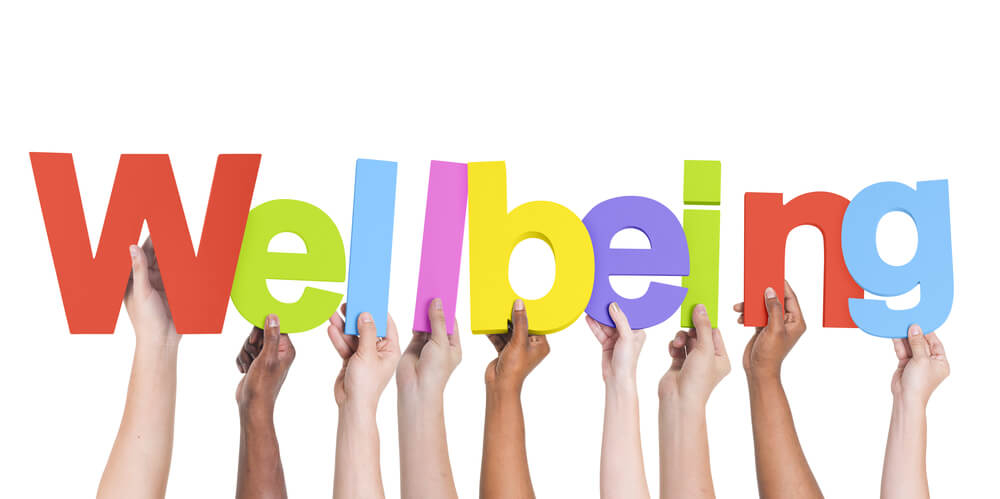Between work, families, and friends, life can get fraught and overwhelming. The sheer volume of what needs to be achieved on a day to day basis threatens to overwhelm us, creating stress and anxiety which can compound week by week.
Changing your lifestyle to mitigate against this overwhelm is one possible solution, but unfortunately for many of us, the burden of responsibilities does not give us the freedom to just pick up and drop aspects of our life when we choose. And actually, you may not want to change your life – maybe simply finding better ways of coping the sheer volume of daily tasks will make a world of difference.
Take advantage of natural breaks
Sometimes the rhythm of life can force us to stop and take stock. Festivals such as Eid and Qurbani are an opportunity to shut the door on the outside world and focus on family life, and those less privileged.
Your ability to switch off can be enhanced through learning mindfulness techniques which can teach you to better filter out external noise and chatter, and concentrate only on the here and now.
What is mindfulness
Mindfulness is the state of being wholly present in the moment, concentrating on what is being done, not reacting in a way that is overwhelmed or exaggerated, but just accepting. Mindfulness can be done anywhere, at any time, and is a technique that is learnt, practised and perfected over time.
The results of incorporating more and more mindfulness into your daily rhythm of life will have profound implications for your emotional wellbeing – it helps reduce stress, enhances your performance, improves self awareness and fosters a better understanding of others. It also encourages a healthy and natural sense of curiosity, that helps you to re-engage with the world on a deeper level.
The beauty of mindfulness is that you don’t need any special equipment. It doesn’t take hours and hours, and you can literally slip into being mindful at nearly any point during your day.
Start with food
Eating is an excellent place to start if you have never previously attempted any mindful practice. When we are rushing around, we end up not even tasting our food – scoffing it when we remember and not giving ourselves the time to taste it, let alone digest it.
If you are preparing a quick sandwich lunch, for example, remember to slow down the whole process. Take notice of the slice of bread. Smell it. Take in the shape and colour of the bread. Smell it. Feel the cold heavy weight of the butter knife and you spread butter across the slice. Notice the colour combination of butter against bread. Be conscious of where you are spreading the butter, taking it to the edges. Concentrate on being precise. Do this with every stage of your sandwich making.
When you eat the sandwich, slow down the whole process. Be aware of the texture of the food in your mouth. As you chew, taste it at a whole new level. Chew with purpose – slow and methodical. Notice the different taste of butter, bread and filling. Notice the food filling your belly and sating your hunger.
As you complete this process and return to your day, you should realise that during those moments of eating your sandwich, you were so totally focussed on the sandwich that you did not think about anything else. This is mindfulness.
You can do something similar when behind the wheel of the car in a traffic jam. Over time you’ll learn how to bring yourself ‘into the zone’ where you become aware of everyone around you, not the irritation and frustration of being stuck. The immediate benefit is a reduction in the stress and anxiety of being caught in a jam, replacing it with a calm acceptance.
If you love your life, but need a ay of managing it better, adopting mindfulness into your daily routine will have significant benefits to your overall wellbeing.
